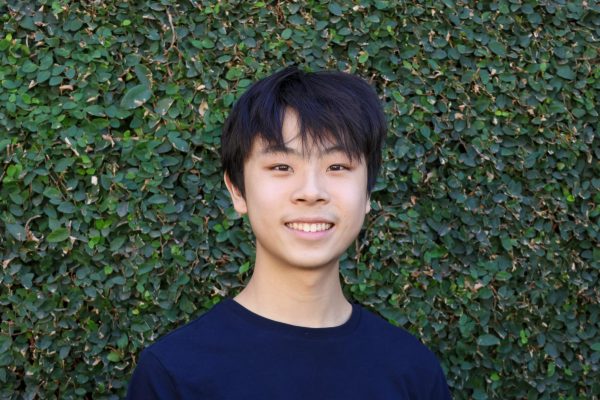Antiwar protests are backfiring. Students against the war in Gaza or Israel’s broader existence have disrupted classes, graduation ceremonies and almost every aspect of day-to-day university life. Although youth outrage is meant to influence school funding towards support in Israel, universities are barely changing their policies. Meanwhile, bystanders are barred from diplomas they’ve worked years for and many are forced to take remote classes to avoid escalating tensions. Regardless of whether Israel is in the wrong, those on either side of the political spectrum should recognize that so far, protests have only been ineffective. If policies aren’t changing, protests shouldn’t be ruining school life for the majority.
Protests cause students to view politics in a reductive way. When neutral students — those who don’t stand explicitly with either Israel or Palestine — first meet the Gaza issue in the form of violent and brutal conflict on their campuses, they aren’t inclined to start researching the subject. Rather, they simply say whatever doesn’t involve them in danger, making them lose opportunities to formulate their own opinions. Public displays of violence encourage students to create a culture of heated discussion over academic dialogue. According to the New York Times, a University of California, Los Angeles (UCLA) pro-Palestinian protest caused a pro-Israel mob to charge their encampment with sticks and chemical sprays. In addition, pro-Palestinian students at Harvard were doxxed and Jewish students were called antisemitic slurs on social media. These acts create an aggressive atmosphere of heated mudslinging. Jewish students can have their college experience significantly compromised since they feel unsafe walking around Palestinian encampments spread across campus.
In addition, most displays at American universities end up causing conservative backlash. More and more, right-wing institutions are taking advantage of protest images as examples of America’s “radical left” and “youth instability.” For a cause focused on influencing international foreign policy, Netanyahu has not flinched, and Biden remains uncertain. What we’ve seen instead is the opposite of effective change — an increase in crackdown on free speech at universities and political backlash throughout the media. Policymakers, including President Biden, have diverted attention away from the deaths of innocent civilians abroad and instead toward the disruptions occurring on American soil. That doesn’t fix the root problems they are protesting for abroad. Historically, Vietnam war protests — although affecting policy slightly — also led to the rise of conservative war hawks in government. According to Pew Research Center, younger Americans especially support Palestine in the war, but the majority of Americans believe Israel has more valid reasons than Hamas for fighting. Protests on campuses won’t suddenly change the minds of older Americans or conservatives; they’ll only give reasoning for them to remain on the side of “peace”.
Despite the increase in violence, schools have responded in mixed ways to students and their voices. Universities, including Brown, Northwestern and the University of Minnesota, have agreed to consider divesting their funding from Israel. Yet many of these schools aren’t planning to take action immediately. For universities who have already taken piecemeal action, continued protests will only be seen as a disruption to an already realized policy. Other universities like Columbia have worked to crackdown on protestors, leading to infighting and lawsuits between student groups and the school administration, again distracting attention from actual policy change.
Even so, universities should consistently hold protestors accountable for disrupting campus life. When certain schools cave to protests and minimally reform their policies, they give protestors hope that their methods are working, even when more effective approaches to politics exist. The crackdown is not a form of silencing but a form of redirecting student voices from violence towards more academic means. Peaceful methods like policy brainstorming and election campaigning already exist, but they are being overshadowed by protests. Even if the protests are peaceful, they always lead to mass disruptions and ultimately violence. By removing violence from the equation, students will be able to express their views in a more effective method. In addition, outsiders will begin to perceive political activism as a more welcoming medium to engage with. This would benefit the student protestors who will see their ideas closer to fruition. In other words, while traditional methods seem to be ineffective, protests are worse.
The causes and goals of campus protests aren’t necessarily incorrect. Often, they are for good reason. The problem lies in their approach. Students haven’t created a culture of stability, civility and dialogue — they are inadvertently precluding common research, reading and understanding. For students who have worked hard for their diplomas, the cancellation of their graduation is unfair. These students deserve to have their diplomas handed to them with a proper commencement address and that will only be possible in a world with fewer disruptions. Universities should recognize this, taking action immediately to crackdown and discourage further disruptions.






























